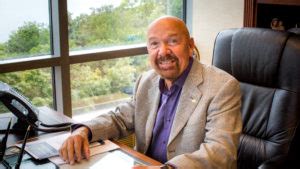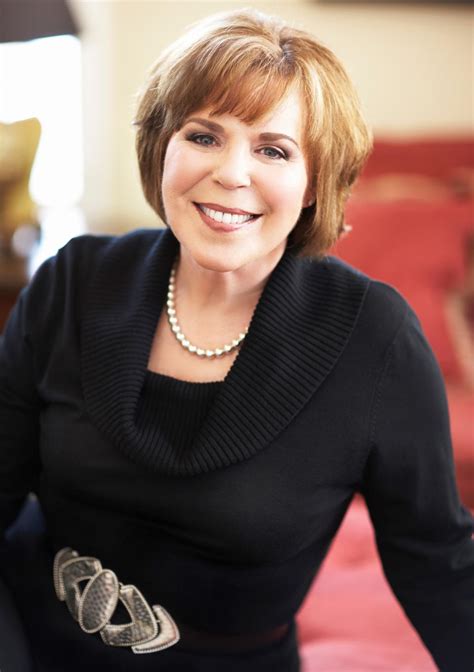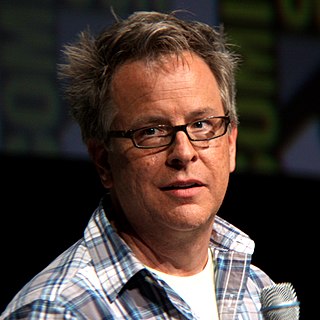A Quote by Michael Greger
Most Alzheimer's sufferers aren't diagnosed until their 70s. However, we now know that their brains began deteriorating long before that.
Related Quotes
We've had numerous people diagnosed with Alzheimer's who got better; they just come out of it; they are leading normal lives today. And then, of course, what the doctors say is it's not Alzheimer's. You run into that Catch-22 all the time. They say, well, it was probably just a temporary premature dementia, and they write-off the recovery to preserve their ignorance.
It is a fact that the entire Kentucky River system, which the central part of the state complacently depends upon for its future water, is deteriorating rapidly because of strip mining, because of bad farming, because of industrial and agricultural pollutants, because of urban sewage. It is deteriorating, that is to say, because almost nobody cares, or cares to know, where water comes from, so long as it keeps coming.
You know how they say that old people with Alzheimer's, they kind of go back, and they revert to the most emotional part of their life, what they did when they were younger... I think I am going to be cursed with reliving 'Star Wars: Episode IV - A New Hope' in my mind. And playing 'Dragon's Layer' when I enter Alzheimer's.



































